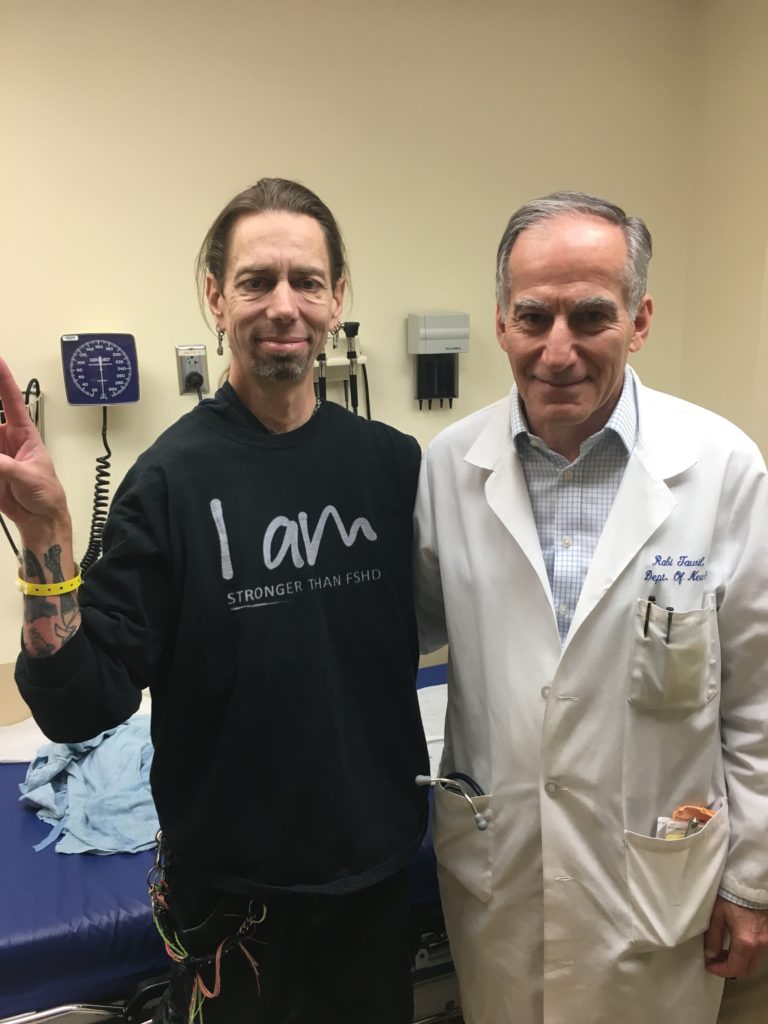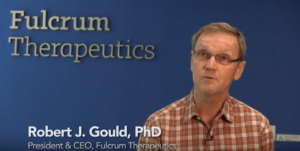
To crack the code of FSHD, patients are absolutely essential
All of the breakthroughs—the discovery of the genetic causes, understanding why some patients vary so greatly in the severity of their symptoms, teasing out the biochemical pathways that could point to future treatments—were made because patients stepped up to the plate.
Too often, we hear patients say they’ll volunteer when there’s a treatment. But we will never get to a treatment unless patients participate in fundamental research now. FSHD is uniquely human, so no laboratory mouse can ever fully model the disease. The genetic “package” that causes FSHD is found only in people. We owe an enormous debt to the patients who give DNA samples. Who submit to long interviews and exhausting physical tests. Allow a surgeon to cut out a small muscle sample. Who fight claustrophobia to lie in the narrow bore of an MRI machine.
Equally important are patients’ family members, both affected and unaffected, who provide the best experimental controls because of their shared genetic and environmental backgrounds. A parent or sibling who has very mild symptoms may hold the key to understanding the factors that protect against the full-blown development of FSHD symptoms in a more severely affected family member.
We are more hopeful today than ever before that a treatment is within sight. We cannot guarantee when that treatment will arrive, but here’s one thing we guarantee: If you volunteer for research, your participation will without question help move us a step closer to that day.
Scientific Overview of FSHD
Read the latest on wikipedia
Glossary of Scientific Terms
UMass study seeks volunteers
Physicians and researchers at the University of Massachusetts Medical School (UMMS) seek individuals with facioscapulohumeral muscular dystrophy (FSHD) to participate in an FSHD Biomarker Study. This will be conducted by… Read More »
Help Wanted: UC Irvine study seeks volunteers
“I just finished participating in this study as their very first volunteer patient, visiting on the 14th and 21st of August 2018. It was very easy and straightforward.” – Bryan… Read More »
Fulcrum Therapeutics raises $80 million in series B
Here’s some encouraging news about Fulcrum Therapeutics. The Cambridge, Massachusetts-based biotech that is developing a drug to treat Facioscapulohumeral muscular dystrophy has announced it has closed $80 million in series… Read More »
Gene editing takes big step forward in Duchenne dog model
Researchers at the University of Texas Southwestern Medical Center in Dallas announced that they have made a significant advance in demonstrating the possibility of using CRISPR gene editing technology as… Read More »






